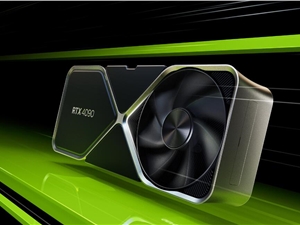British chip company Arm announced on Wednesday that it is considering launching its own designed chips, a move that could have significant implications for its relationships with major customers such as Nvidia. Arm CEO Rene Haas stated that the company's R&D spending will accelerate in order to provide "complete solutions" to the market, meaning that Arm intends to design complete chip products.

Image source note: The image was generated by AI, and the image licensing service is Midjourney
Arm's designs dominate the smartphone chip ecosystem, with companies such as Apple and Samsung using Arm-based chips. In addition, Nvidia incorporates Arm designs into its artificial intelligence data center products. Now, Arm hopes to capture a larger share of the vast semiconductor industry, and is considering moving upstream in the design "stack" to directly launch its own products.
According to a February report by the Financial Times, Arm is planning this strategic shift. The artificial intelligence data center chip market is already highly competitive, with Nvidia's dominance in this area facing challenges from companies such as Amazon and Microsoft, which have developed custom chips. Competitors such as AMD are also vying for a larger market share.
SoftBank CEO Masayoshi Son has placed Arm at the center of his strategy, trying to seize a share of the AI boom. SoftBank has partnered with OpenAI, Oracle, and the UAE's AI fund MGX to launch the $50 billion Stargate project, which aims to build data centers in the United States over the next four years.
During a Wednesday analyst call, Haas said, "Many of the chipsets being developed are based on Arm's intellectual property... Therefore, we are evaluating the feasibility of moving beyond our current platforms." However, Arm's stock fell by about 8% in after-hours trading, due to its disappointing revenue forecast for the third quarter, expected to be $1.06 billion, slightly below the market's expected $1.07 billion.
In the quarter ending in June, Arm's revenue was $1.05 billion, up 12% year-over-year, but still slightly below analysts' expectations of $1.06 billion. Of this, patent revenue — fees paid by customers when they sell chips — was $585 million, up 25% year-over-year; while license revenue was $468 million, down 1%.
Key points:
- 📉 Arm is considering launching its own designed chips, which may affect its relationships with customers like Nvidia.
- 💼 Arm's designs hold an important position in the smartphone and AI data center chip markets.
- 📊 Arm's revenue forecast for the third quarter is below market expectations, and its stock price dropped accordingly.









